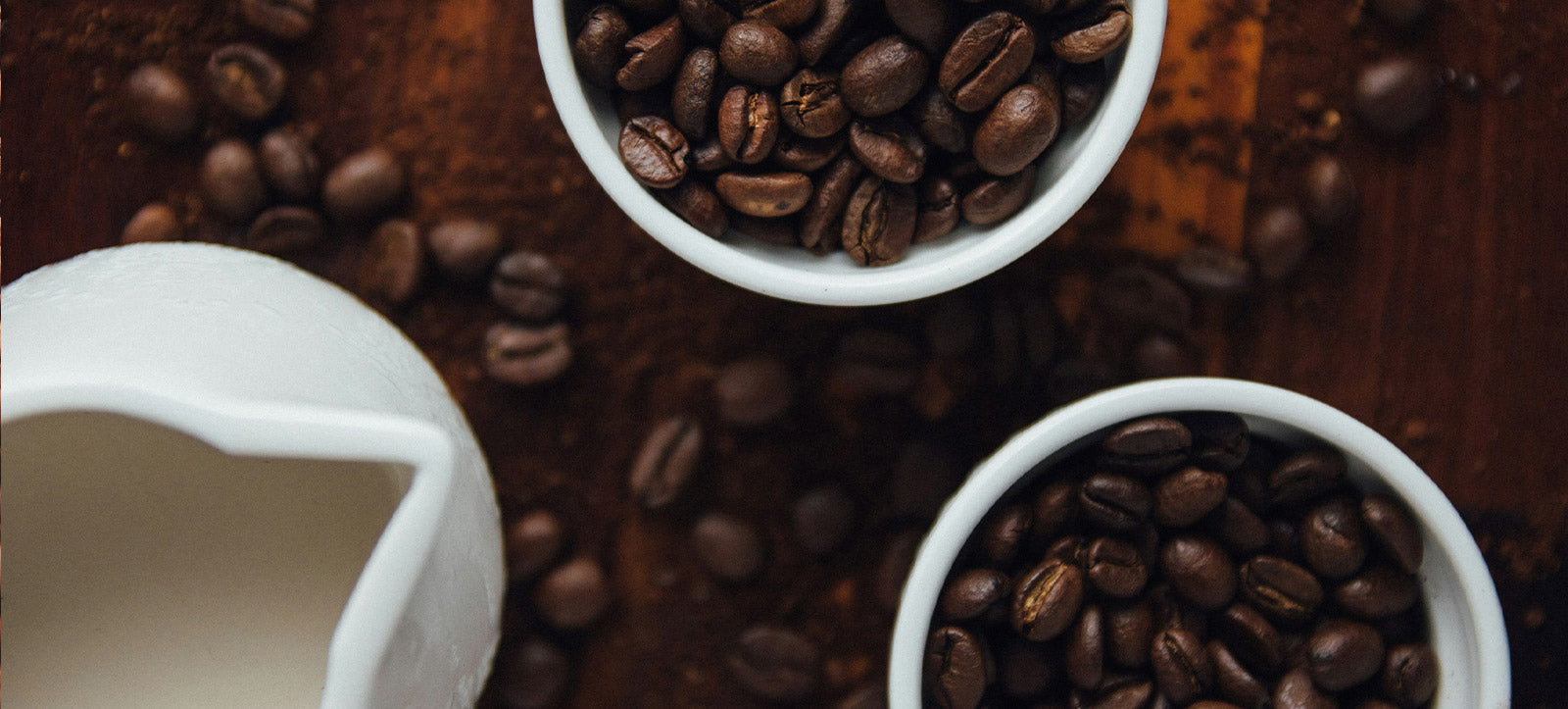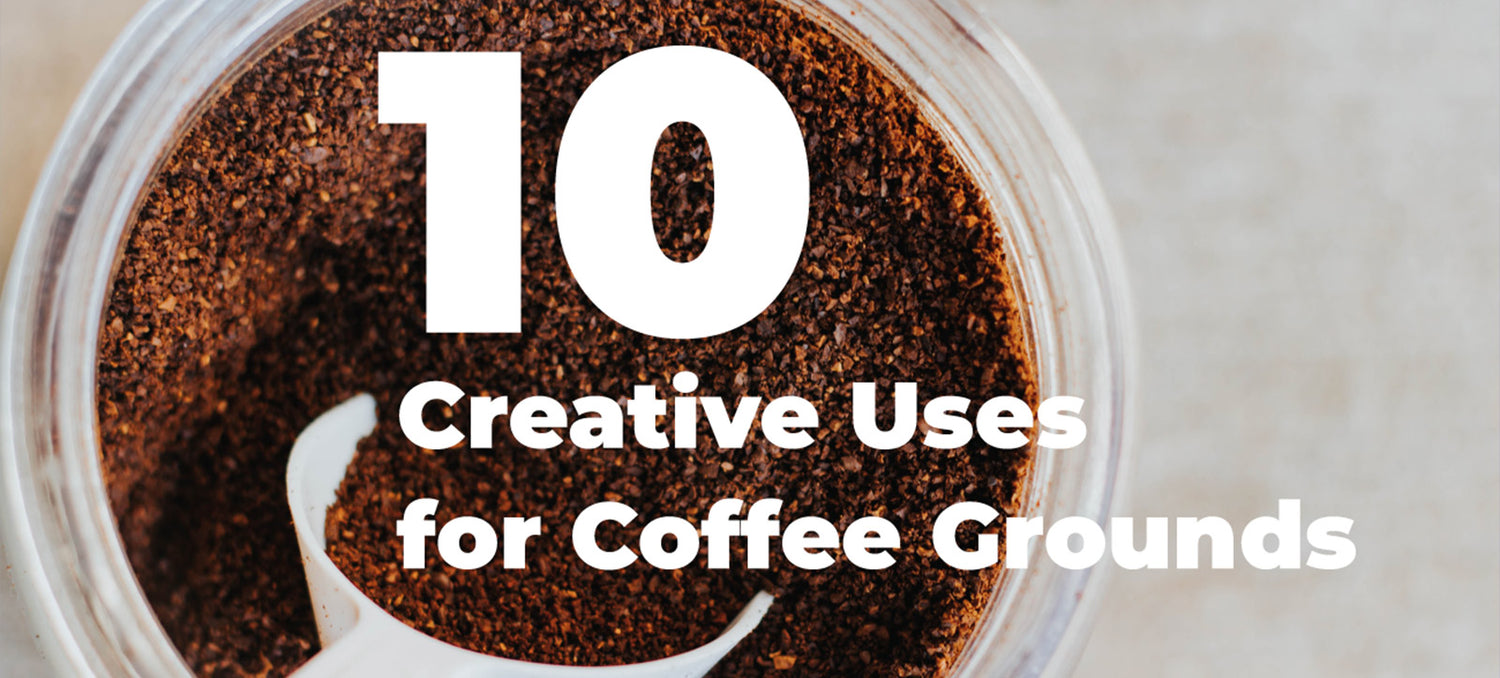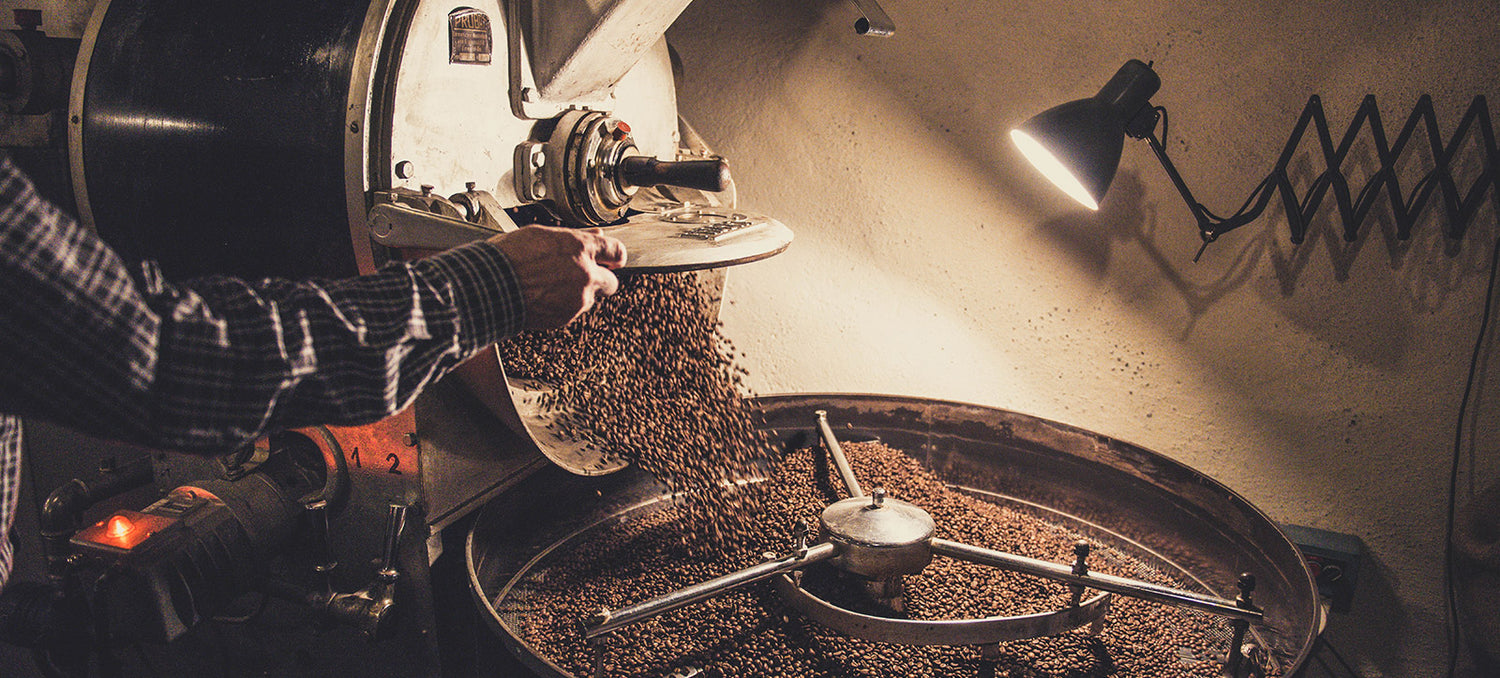Brazilian Coffee beans are known as the kingpin of exportation coffee producers. If you are what I like to label a ‘coffee newbie’, then Brazilian coffee beans might just be the best for you. Brazilian coffee is extremely, and I mean ‘extremely’ popular making up a third of the world’s best coffee beans production.
Types of Brazil Coffee Beans
There is an abundance of Brazilian coffee out there, different types, different growing regions, etc, and so many ways to get it, wholesale coffee online, coffee beans shops online, even the local supermarket will most definitely have some form of Brazilian coffee! It’s so darn popular because it contains a unique flavor profile often brimming with raw cacao, dried fruit, papaya notes and a creamy honeyed finish! Brazilian coffee can often be complex, but newcomers like it due to it’s easy taste, often slightly sweet and really nice any way you take it, black, short, with milk, however!
So How Did Coffee Bean Production in Brazil Start?
Brazil: Coffee didn’t just appear within South America one day out of the blue, it had to come from somewhere as studies confirm that it is not native to the region. Articles state that coffee was agriculturally sown and harvested some time in the early 1700’s. Rumour has it that Portuguese agricultural experts were interested in expanding their importation/exportation business worldwide, as their agricultural history had already long been known as a vast region of diverse soils and ideal growth environments, all with positive benefits.
Brazil is known to have helped pioneer one of the first worldwide coffee booms in terms of popularity and production when the need and desire for the product expanded to Europe and north America. This occurred during the early to mid 1850’s.
With it’s ideal growing conditions Brazil is king when it comes to dominating the vastest empire of coffee production for well over a century.
Coffee Production in Brazil
Brazilian coffee is reigning supreme as basically the world’s biggest coffee producer for well over one and a half centuries. The rural areas or farms which house these coffee production zones are huge, often spanning dozens of hectares.
Brazilian coffee is known to be grown in different altitudes and areas as Brazil is rather diverse in its geography and landscape. The Brazilian coffee growing areas often are split into three dividing ‘types‘ of growing zones, some are grown in the rich soil on flatland farms, while others are grown on mountainous plateaus abundant in volcanic soil, some are also grown on winding green hillsides with lush earthy red soil. This split, or growing dichotomy also affects the way beans are processed in different areas; Some undergoing dry or wet treatments, washed and unwashed, all affecting the overall taste, consistency and outcome of the bean.
Harvesting and Processing Brazil Coffee Beans
Brazilian coffee is not all arabica, much of it is further processed to become instant coffee (With such a worldwide demand, instant coffee has its supporters). Most viable coffee roasteries will import a 100% rainforest alliance arabica green bean, and you’ll know when you taste it, nothing can beat that sweet, citrus goodness of a beautiful cup of Brazilian!
Click here to purchase Brazil coffee beans online





